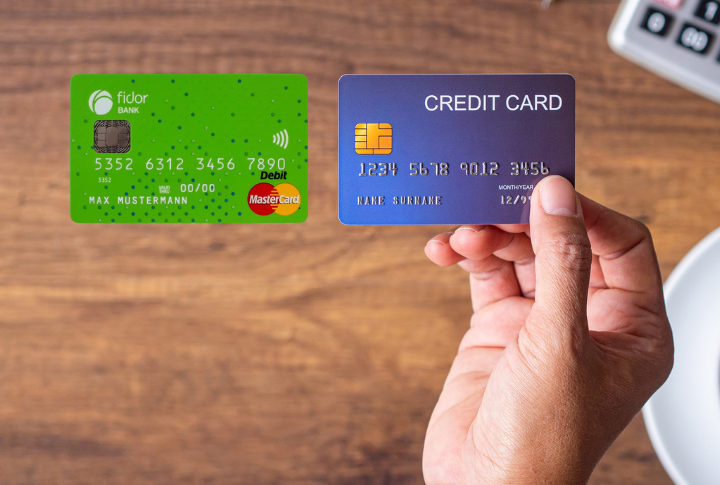
Credit and debit cards look and feel the same, but they have distinct features that can either work in your favor or get you into financial trouble. Each has its own set of advantages and disadvantages that can impact your money management strategies. By understanding these differences, you can make informed decisions on which card to use in various situations. Read the following credit and debit card comparison to find out more.
What Are Credit and Debit Cards?

Credit cards allow people to borrow money up to a set limit, with repayment required by the due date. Debit cards allow you to withdraw funds directly from your bank account and easily make purchases at grocery stores or retailers. Since the money is yours, you don’t have to pay anything back on a debit card.
How They Work
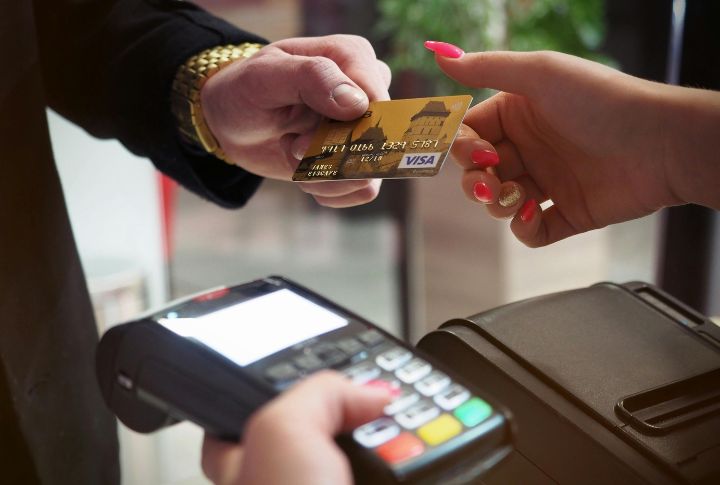
You borrow funds from the card issuer when you use a credit card. You must repay with interest if you do not pay in full. Debit cards, on the other hand, deduct the purchase amount directly from your checking account, but you can only spend what you have available in your account.
Payment Flexibility

A credit card is ideal if you’re looking for flexible payments. You can spend using the card and then pay off purchases over time, allowing you to manage cash flow. Debit cards require immediate payment, as funds are withdrawn directly from your account. This can help you avoid accumulating debt.
Interest Rates
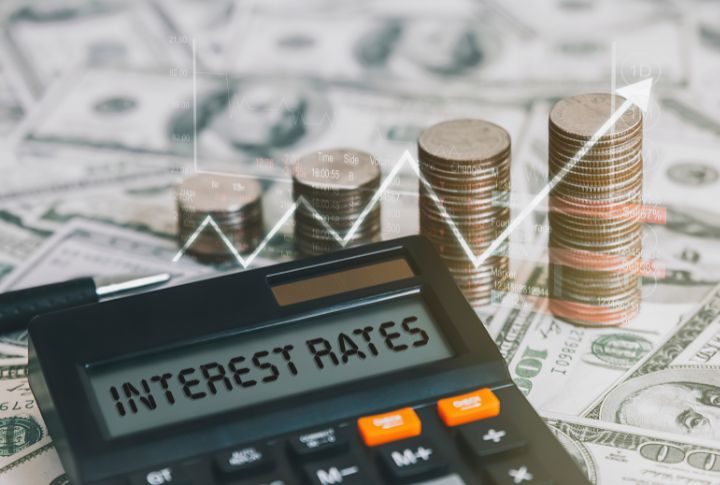
One of the drawbacks of credit cards is that they charge high interest rates on unpaid balances. If you carry a balance month-to-month, the interest can quickly add up. Debit cards do not have interest rates since you’re spending your own money, and this prevents you from getting into financial trouble.
Overdraft Protection

Many credit cards offer overdraft protection, so you can make purchases even if your account balance is low. The disadvantage of a debit card is that it generally doesn’t provide this feature, and transactions may be declined if sufficient funds are unavailable when buying products.
Credit Building
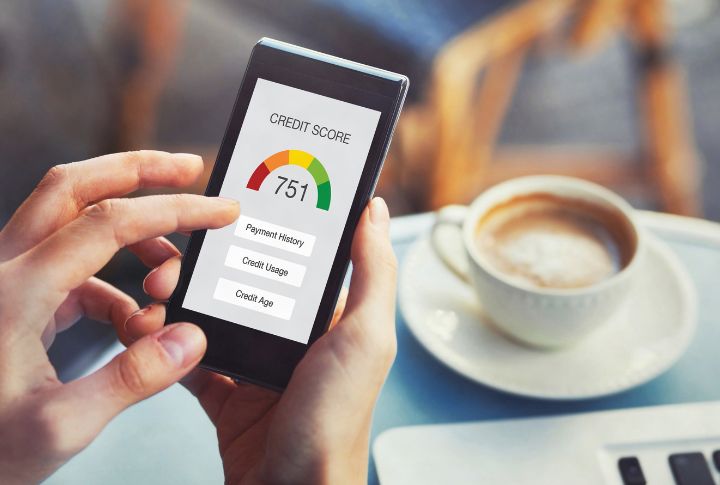
Using a credit card responsibly can build and improve your credit score. Timely payments and low credit utilization are factors that positively impact your credit history. Your debit card doesn’t affect your credit score since it is not linked to your credit account; you can spend money on it with peace of mind.
Fees
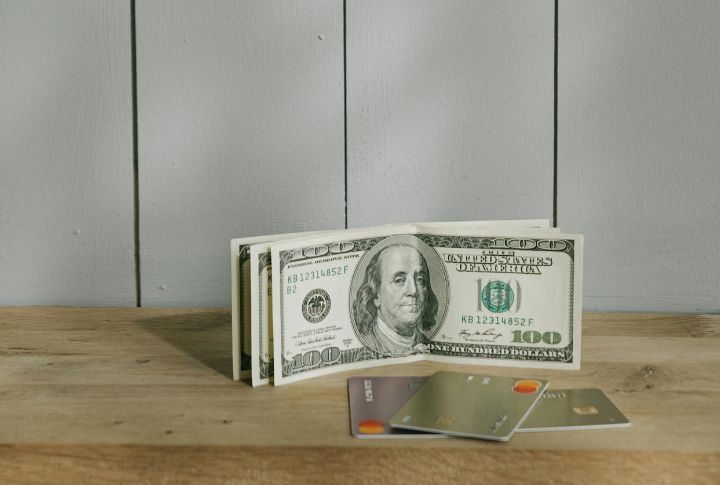
Other disadvantages of a credit card are that you may have to pay annual fees, late payment fees, and foreign transaction fees. It can be difficult to pay if you don’t have a budget to pay these amounts. With a debit card, you’ll have fewer fees. However, you may incur overdraft fees if you opt into overdraft protection and your account balance exceeds.
Rewards and Benefits

Many credit cards have rewards programs, including cash back, travel points, and discounts. Using a credit card can help those who need some financial relief if they’re not earning a lot. On the flip side, you won’t get any rewards with a debit card, though some may provide basic perks like account-linked discounts or cash back on select purchases.
Security Features

Credit cards come with enhanced fraud protection to protect your finances. They limit your liability for unauthorized transactions. You can get similar features on your debit card as they also offer fraud protection but may require quicker reporting to prevent losses and potential access to your bank account.
Transaction Limits
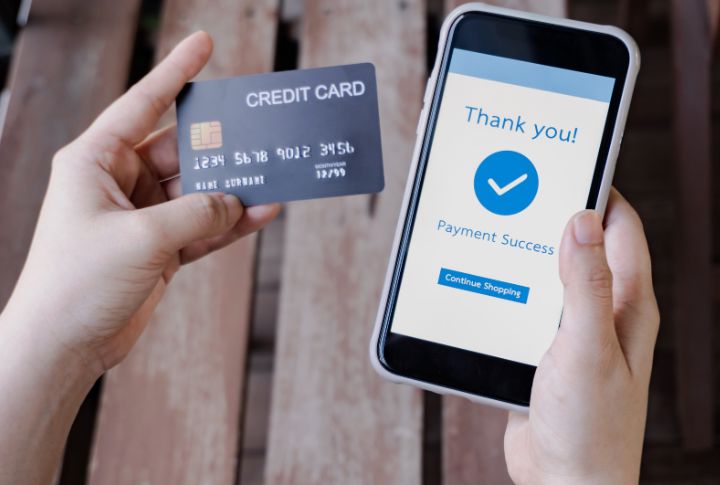
Credit cards may set higher transaction limitations than debit cards. This is useful for large purchases or emergencies. Debit cards are limited by your account balance, which can be restrictive if you need to make significant transactions. Most people have both a debit and credit card for various purposes.
International Use
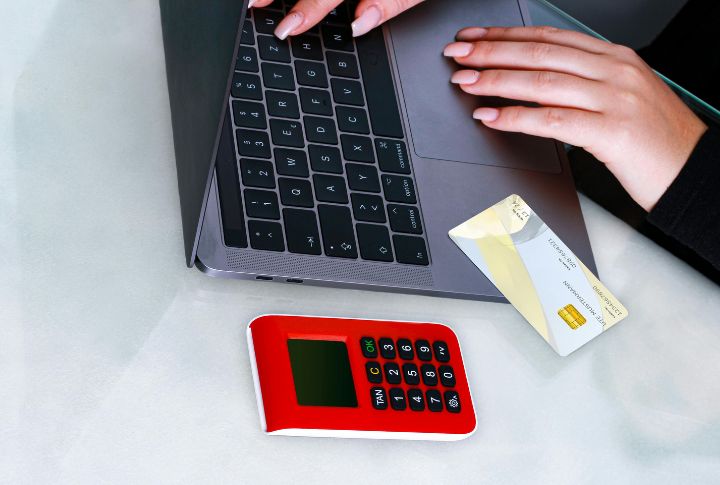
If you travel regularly, you can benefit from using a credit card because it’s accepted internationally and often provides better exchange rates. Debit cards may also work abroad, but acceptance can vary, and you might face higher foreign transaction fees or less favorable exchange rates.
Access to Cash

Swiping your debit card to withdraw cash from ATMs is easy, as they give users immediate access to funds. Credit cards also provide cash advances, but these come with higher fees and interest rates than using your debit card for withdrawals. Most people only withdraw cash using a credit card if it’s an emergency.
Budget Management

Using a debit card can be helpful for tasks like budget management since you can only spend what you have in your account. Credit cards offer more flexibility when buying goods and paying for services, but they require disciplined management to avoid overspending and accumulating debt.
Types of Debit and Credit Cards

You can get different credit card types, such as standard, rewards, and premium options. Standard cards offer basic features, while rewards cards provide cashback or points on purchases. There are also different types of Debit cards, like prepaid options and EBT, that can be used for specific spending needs.
Choosing the Right Card
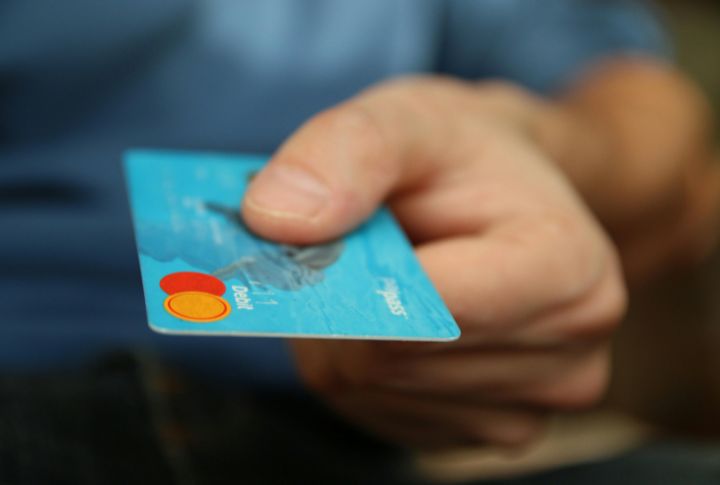
Selecting a credit and debit card depends on your financial needs and habits. Credit cards are ideal for building credit and earning rewards, while debit cards are beneficial for managing spending and avoiding debt. Consider your financial goals when choosing a card, and make responsible choices.

Comments
Loading…